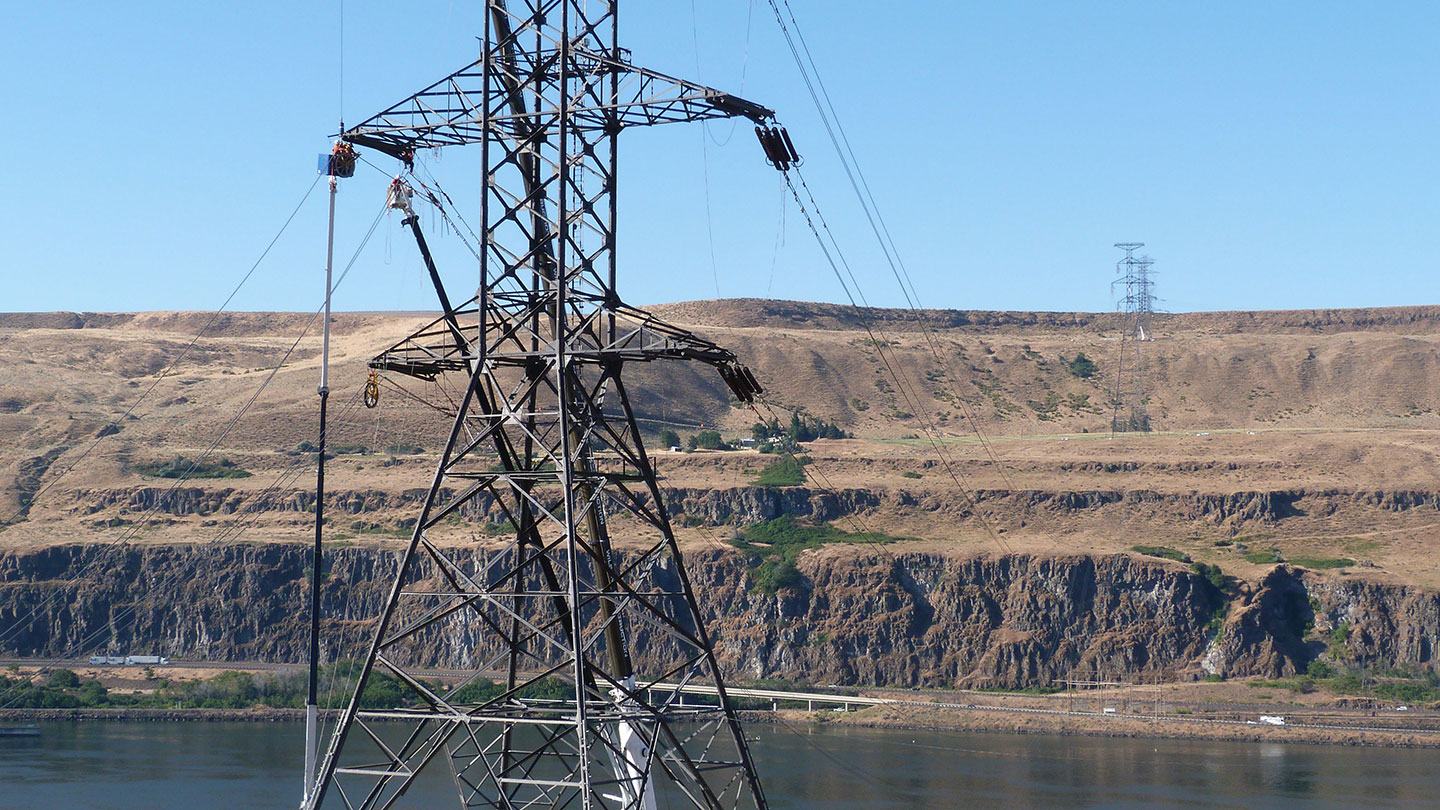A NEW TAB IS BEING OPENED
and will be automatically forwarded to the following site...
https://www.bchydro.com/index.htmlA new tab on your browser is being opened to a third-party, non-governmental website that BPA does not maintain or control. BPA does not endorse any product or service, and is not responsible for, nor can it guarantee the validity or timeliness of the content on the page you are about to visit. Additionally, the privacy policies of this third-party page may differ from those of BPA.
Thank you for visiting the BPA Web Site!



